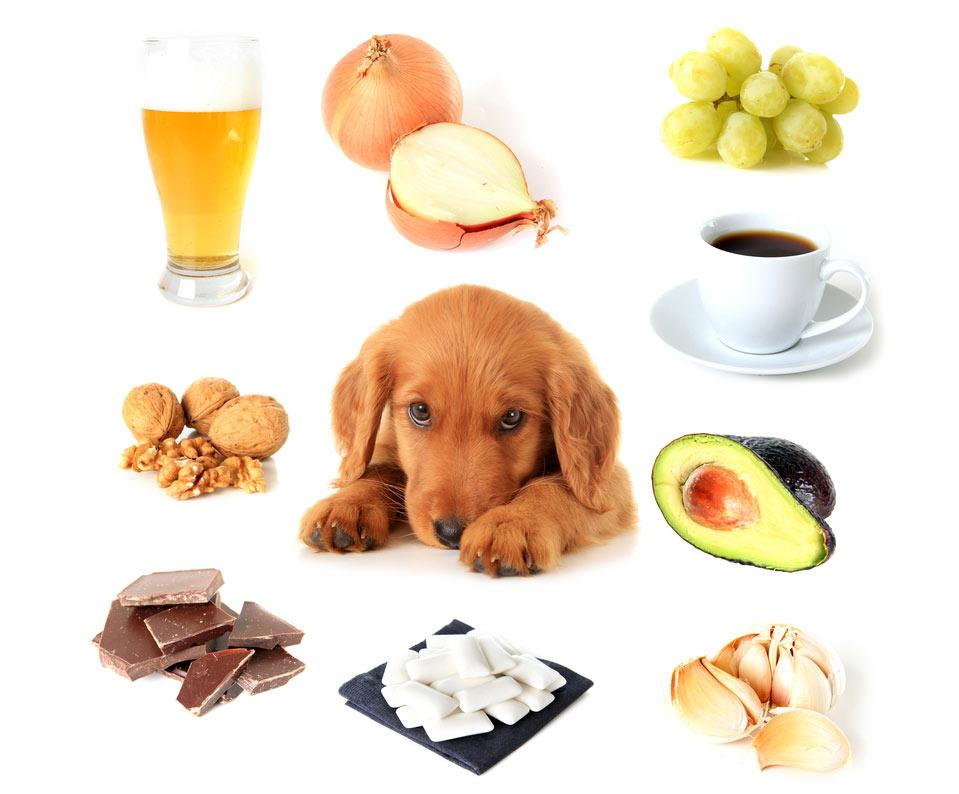
- posted: Sep. 02, 2021
Toxic ingestion occurs when an animal ingests something poisonous to it. Objects that are poisonous to pets include certain foods and medications. At Costa Mesa Animal Hospital, we have been diagnosing and treating toxic ingestion for many years. If you live in Newport Beach, Fountain Valley, or Huntington Beach and believe your pet has ingested a toxic substance, we are ready to assist you.
What Is Toxic Ingestion?
Toxicants can enter your pet’s body through ingestion, inhalation, or topically. These toxicants cause a variety of symptoms that put your pet’s health at risk. For example, ingesting an almond can damage your pet’s central nervous. Each pet has a different response to toxicants so symptoms can be inconsistent. Common symptoms of toxic ingestion include:
- Vomiting
- Diarrhea
- Hypersalivation
- No appetite
- Nausea
- Coughing or vomiting blood
- Pale gums
- Elevated heart rate
- Weakness
- Increased or decreased urination
Common Causes of Poison
Your pet can get poisoned through human medications, plants, chemicals, and foods. There’s a variety of human foods that is harmful to your pet. Common causes of poisoning for your pet include:
- Alcohol
- Onions and garlic
- Caffeine
- Chocolate
- Nuts
- Nutmeg
- Alliums
- Grapes and raisins
- Raw salmon
- Yeast
- Xylitol
You should also avoid having your pet ingest any human medication or cleaning chemicals, as these are also harmful.
Diagnostic Bloodwork & Treatments
What should you do if your pet is poisoned? Call your veterinarian or an emergency vet for the steps to care for your pet. If your pet’s poisonous condition is mild, the emergency vet may suggest an at-home care option and provide you with instructions. For example, if your pet ate avocado and has diarrhea, the vets provide you with a step-by-step solution – and may include a natural remedy or medication. Otherwise, you’ll need to go visit your veterinarian and get your pet diagnosed.
Our veterinarian follows a process for treating your pet. The three main steps include minimizing your pet from the absorption of toxicants, providing your pet with supportive treatment, and giving your pet a remedy. The treatment for a poisoned pet includes:
- Minimizing the absorption of the toxicant by detoxifying your pet.
- Supportive treatment is provided to your pet until the poison is completely flushed out.
- Diagnostic bloodwork makes it easy for our veterinarian to determine if an organ is unhealthy.
If the results say that your pet is low on erythropoietin (a hormone produced by the kidneys), then our veterinarian can conclude that there’s a problem in the kidneys.
Post-Treatment Care
The first thing you need to do is declutter to make sure that all poisonous foods, human medications, plants, and chemicals can’t be reached by your pet. Then start making a pet poison aid kit with these essential items:
- Saline eye liquid
- Soap
- Water
- Gauze pads
- Antibiotic ointment
- Gloves
- A pet carrier for veterinarian or emergency vet visits
Store the pet poison aid kit in a cabinet that you can access.
Contact Our Veterinarian for Toxic Ingestion Treatment in Costa Mesa, Newport Beach, Fountain Valley, and Huntington Beach
Call Costa Mesa Animal Hospital today at (949) 548-3794 for more information on toxic ingestion or to schedule an appointment with our veterinarian.
